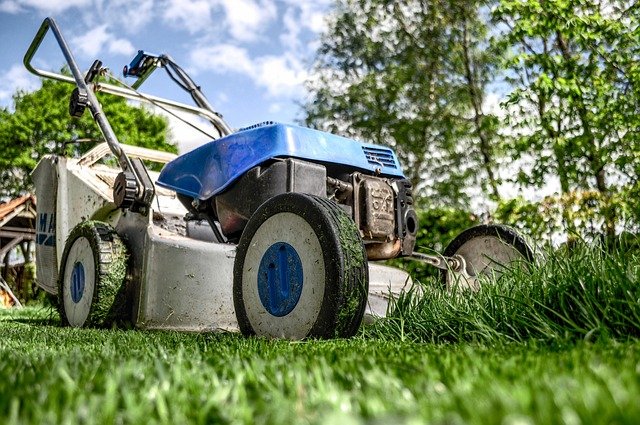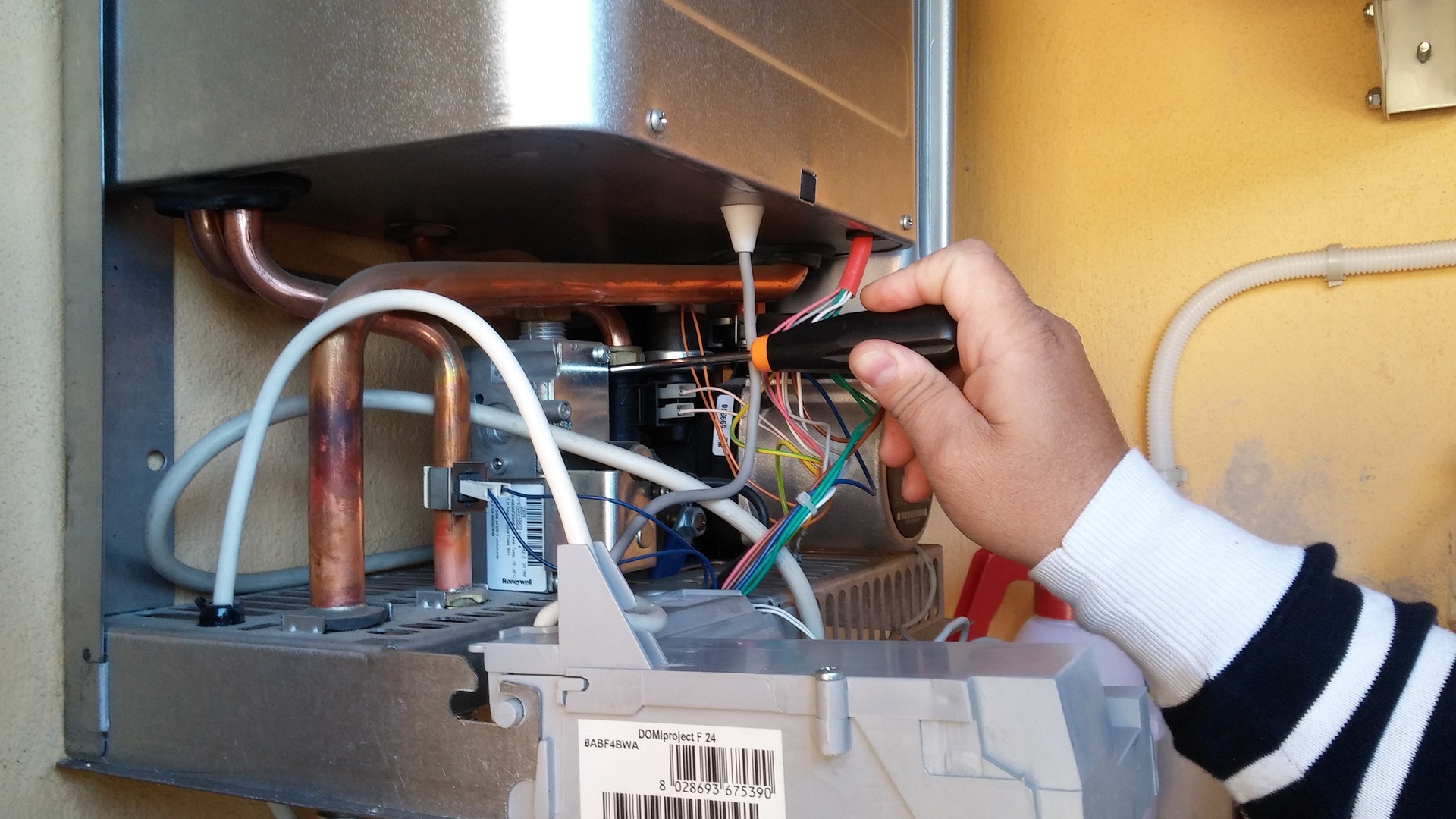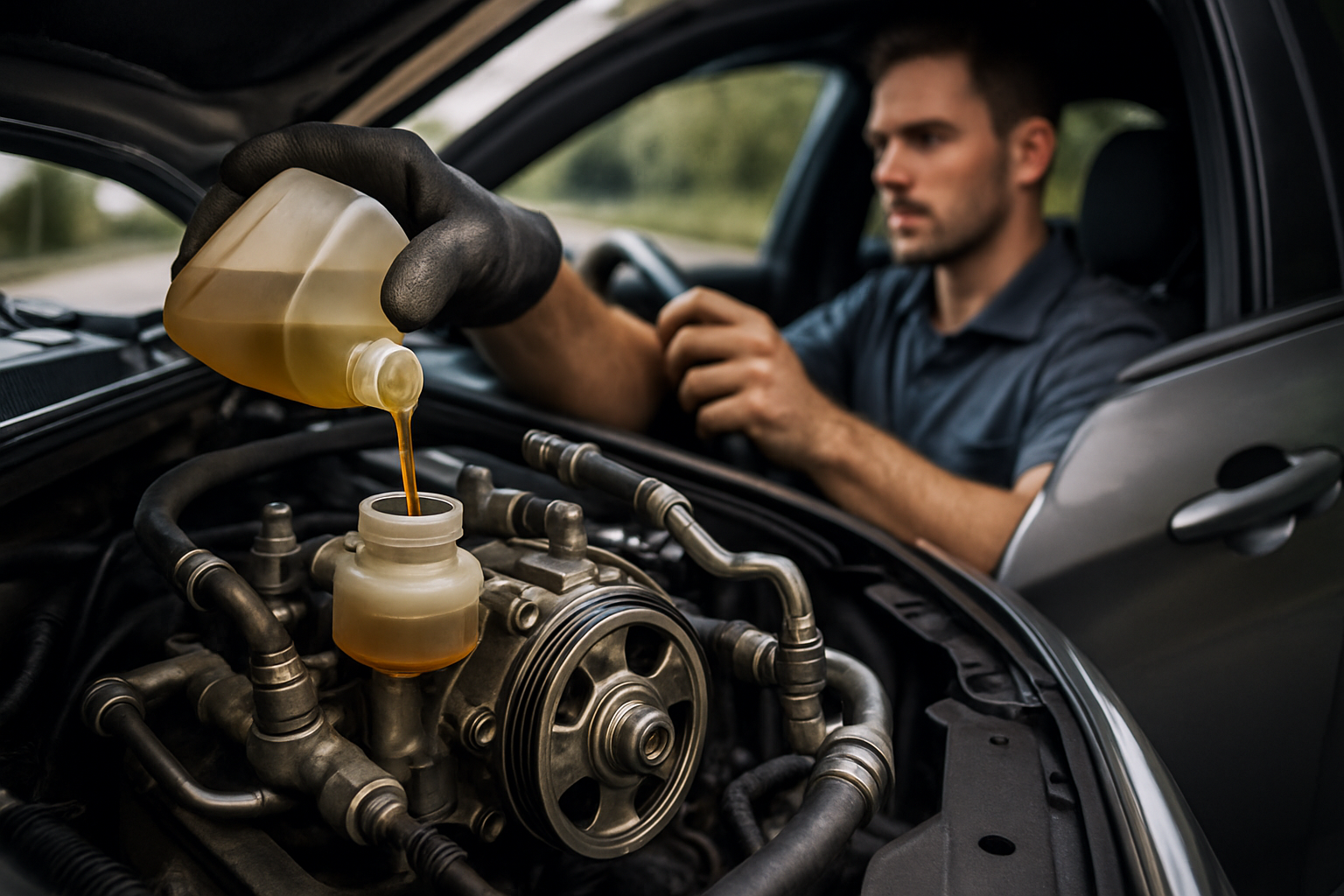Used Riding Lawn Mower Cost-Saving Guide
Learn how to find cost-effective options for used riding lawn mowers. From checking local listings to exploring auctions and seasonal sales, discover practical ways to secure a mower that balances performance, durability, and value for your lawn care needs.

How to Evaluate Used Riding Lawn Mowers
When examining a used riding lawn mower, start by inspecting the engine for signs of wear, checking fluid levels, and listening for unusual noises during operation. Look for rust, damaged components, or oil leaks that could indicate maintenance issues. Test all controls, including the steering, brakes, and cutting deck height adjustments. Request maintenance records and verify the mower’s age and total hours of operation.
Finding Budget-Friendly Options in the Market
Several channels exist for locating affordable used riding mowers. Local dealers often have trade-ins with warranty options. Online marketplaces, auctions, and seasonal sales provide opportunities for deals. Consider end-of-season shopping when retailers and private sellers may offer better prices. Agricultural equipment dealers sometimes carry used riding mowers at competitive rates.
Estimating Operating Costs and Value
Beyond the purchase price, factor in ongoing expenses such as fuel consumption, replacement parts, and routine maintenance. Compare different brands’ reliability ratings and parts availability. Some older models may offer better long-term value due to simpler mechanics and easier repairs. Calculate total ownership costs over several years to determine true cost-effectiveness.
Common Used Riding Mower Price Points
Used riding lawn mower prices vary significantly based on age, brand, and features. Here’s a current market overview:
| Brand Category | Age Range | Typical Price Range |
|---|---|---|
| Economy Brands | 5-10 years | $500-1,200 |
| Mid-Range Brands | 3-7 years | $1,000-2,500 |
| Premium Brands | 2-5 years | $2,000-4,000 |
Prices, rates, or cost estimates mentioned in this article are based on the latest available information but may change over time. Independent research is advised before making financial decisions.
Negotiating and Timing Your Purchase
Understanding market cycles helps secure better deals. Late fall and winter typically offer lower prices as demand decreases. When negotiating, consider the mower’s condition, necessary repairs, and comparable local listings. Keep maintenance costs in mind when evaluating asking prices, and be prepared to walk away if the deal doesn’t align with your budget.
Maintaining Value Through Proper Care
Regular maintenance extends equipment life and preserves resale value. Establish a maintenance schedule including oil changes, blade sharpening, and belt inspections. Store the mower properly during off-seasons to prevent weather damage. Keep detailed service records to demonstrate care when eventually reselling the equipment.
A well-researched approach to purchasing a used riding lawn mower can result in significant savings while securing reliable equipment for property maintenance. Focus on thorough evaluation, timing, and ongoing maintenance to maximize the value of your investment.




